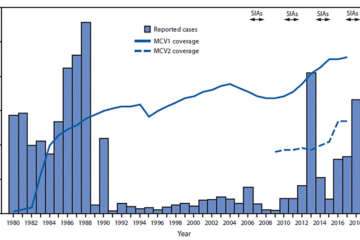Pakistan’s non-energy import bill decrease by 12.5 percent in October

PAK 5 NEWS
ISLAMABAD, Nov 05 (APP):Advisor to the Prime Minister on Commerce and Investment, Abdul Razak Dawood Friday was informed that Pakistan’s non-energy import bill has decreased by 12.5 percent in October 2021.
Pakistan’s non-energy import bill has decreased by 12.5 percent, a decrease of USD$ 624 million, compared to September 2021, he briefed.
The Advisor Commerce chaired a meeting to discuss the imports of goods during the current Financial Year and their impact on trade and current account deficits, said a press release issued by Ministry of Commerce here.
He was further informed that in terms of month-on-month growth, the Non-Energy imports have been on the decline during the first four months of this financial year.
This is a welcome trend which bodes well for the Trade Deficit and the Current Account Deficit.
Mr. Dawood directed the officials attending the meeting to work closely with the SBP on curbing import of non-essential imports.
Razak Dawood was informed that the Ministry of Commerce (MOC) is keeping a close eye on imports.
He was informed that the MOC and the State Bank of Pakistan (SBP) are working closely together to analyse the imports so that timely interventions can be made.
He was informed that during the period July-October 2021, the imports increased by 64 percent to USD$ 24.99 million as compared to USD$ 15.19 billion during July-October 2020. In absolute terms, the net increase in imports over this period is USD$ 9.801 billion.
Upon detailed analysis it has been observed that around 40 percent of this increase is in the investment-driven imports namely,), Raw Material and Intermediate goods.
He was briefed that the increase in the imports of raw material and Intermediate goods was a good thing as it indicates that the industrial activity in the country was picking up.
The increase in the import of Capital Goods, including machinery, was indicative of industrial expansion, upgradation, and setting up of new industries.
In the long run, these imports are very important for the economic growth and job creation.
When asked about the remaining 60 percent of imports, he was informed that these mainly consist of Energy (petroleum, coal and gas) 34 percent, Vaccines 11 percent, Food (8 percent), Consumer goods (2 percent) and all others (5 percent).
These imports were the purview of the concerned ministries and most of these are of inelastic nature.
He was also briefed on the details of the imports categories of which Consumer Goods are USD$ 239 million, Food USD$823 million, Capital Goods USD 1,620 million,
Raw Material and Intermediates USD$ 2,209 million, Petroleum, Coal and Gas USD$ 3,364 million, Vaccines USD$ 1,068 million and all others USD$ 478 million.
The MOC also briefed Razal. Dawood about the effects of interventions made by the MOC and SBP.
The post Pakistan’s non-energy import bill decrease by 12.5 percent in October appeared first on %%https://www.app.com.pk%%.












